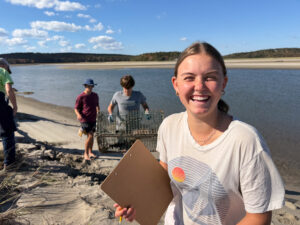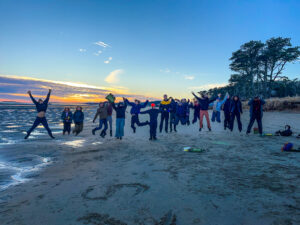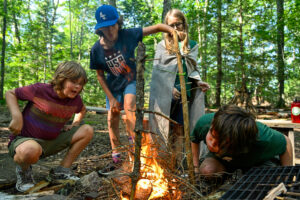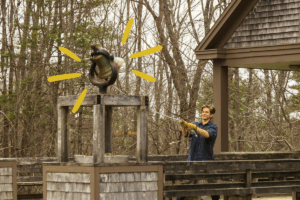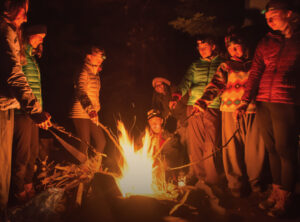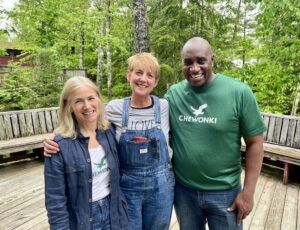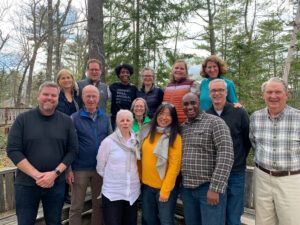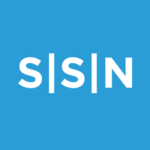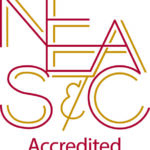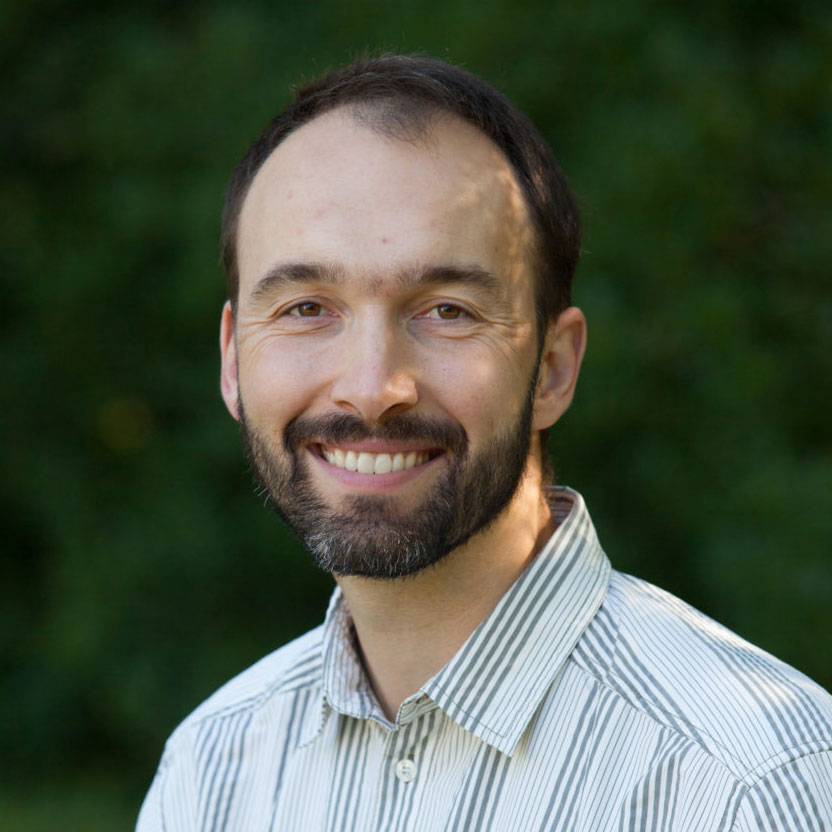
To the Chewonki community,
For over five weeks Chewonki Neck has been empty of students while spring has slowly pushed winter aside. Birds are singing, grass is greening, and the first gardens have been plowed on the farm. Those seasonal changes are so familiar, but the quiet without students is certainly not what we expect at this time of year. I write to provide a full update to you, and the whole Chewonki community, about how we are considering our programs in this difficult time due to the COVID-19 pandemic.
All that we are experiencing has placed us in good company as schools and colleges nationwide, including in your neighborhood, have been closed due to the COVID-19 outbreak. We have spent this time at Chewonki both maintaining what had been – teaching students (remotely now) and continuing basic campus operations – while also grappling to understand what has become the new normal in our country.
I have been reminded that the future is always uncertain, although that truism means even more at this time. Organizations everywhere are looking into the COVID-19 fog, gathering information, and striving to set a course to a desired destination. For Chewonki that destination is the return to in-person learning. Unfortunately, we have not yet found the best route, nor determined how long it will take to get there, although the course we must travel is beginning to come into focus.
COVID-19 Safety Criteria
Throughout this time, the Chewonki Leadership Team and members of the Board of Trustees have been working closely together. We have pooled expert science-based resources, especially in public health, and conducted outreach to dozens of organizations – schools, camps, associations, funders, and government agencies – to develop a set of safety criteria we are now using to determine when we can reopen in-person learning at Chewonki.
Chewonki COVID-19 Safety Criteria
- Widespread public access to COVID-19 testing, contact tracing, isolation strategies, and treatments.
- Opening of schools within our state and from the states where participants reside.
- Reasonable reduction in physical distancing requirements and allowance for gatherings of up to 50-100 individuals.
- Capacity within Chewonki and local medical resources to respond to medical incidents, including COVID-19 cases.
- Approval of Chewonki’s medical and legal counsel as well as insurance agent.
These criteria provide an objective measure that all of us in the Chewonki community can use to understand our decision-making. It does not surprise us that we are receiving some inquiries and pressure to reopen, which I understand is coming from the good place of wanting opportunities for children; I share that desire.
Chewonki is fortunate to be in a location with, thus far, lower levels of COVID-19 cases. That said, we and our neighbors are not isolated from contagion risk when school or camp are in session. Our programs depend upon commuting staff, deliveries and vendors, as well as local resources such as first responders and health care facilities to operate. Although our local hospitals have capacity to manage COVID-19 cases, our region does not have the capacity for widespread testing, contact tracing, isolation, or treatment.
The fact that social distancing and stay-at-home orders have begun to flatten the curve is good news that only further illustrates the risks we have to manage before we can restore participant travel to and from Chewonki Neck from all over the United States (lest we have an unmanageable rebound in cases). Our neighbors and local medical resources need Chewonki to make good decisions for their health and well-being; they have specifically told us this.
Finally, we are seeing how COVID-19 spreads regularly in “congregate settings,” such as nursing homes, on ships, and in other places where people live and work in close quarters. These settings have much in common with a residential school and camp facility like ours. We are concerned about all of these factors as are other day and boarding schools nationwide.
As we developed our safety criteria, government guidance has been evolving to balance pandemic response with economic impact. We are living that tension as financial impacts mount for Chewonki, too. That said, our criteria align with the recently released federal plan for reopening the country over time, which suggests it will be many weeks before schools can even consider when to open at some future date.
Meanwhile, although the State of Maine has not released a timeline for reopening more parts of the economy, Governor Mills and the Commissioner of Education have recommended that schools remain closed through the end of the school year. The State has not yet issued guidance for the camp season, although some Maine camps have begun to announce season closures.
Implications for Programming
In light of all these considerations, the Board of Trustees, the staff Leadership Team, and I have to make many hard decisions about programming at Chewonki.
For Maine Coast Semester, Chewonki Elementary and Middle School, and our Education Partnership Programs we will not return to in-person learning during this school year. In this decision, made unanimously by the Leadership Team and Board of Trustees, we join all of our peer schools in the Semester School Network as well as our local, neighboring schools, public and independent, here in Maine.
For our current students this is terribly disappointing and I very much wish it were different. Whether it is that once-in-a-lifetime Maine Coast Semester, an eighth grade capstone experience, or a class trip anticipated for years, this spring brings tremendous loss and grief to so many. I am sorry for all of those students and their families.
Chewonki will be here through the pandemic and so, holding onto that potential to see our students again, we will offer opportunities to reunite in person on Chewonki Neck (with much rejoicing!) at a future date once our safety criteria are met.
All of our enrolled students and families are receiving this news with more detailed communication directly from their program leaders. Each of their letters outlines specific details relevant to their students. Chewonki as a whole is 100% focused on meeting our mission and commitments to families by delivering remote learning and social connection through the end of the school year.
As we have stated previously, we will communicate plans for our 106th summer of Camp Chewonki between May 1 and May 15. As with the school year decision, we are considering all factors carefully and evaluating progress towards our safety criteria.
Looking Ahead
We are planning vigorously for in-person learning this fall. As you might expect, a major aspect of that preparation is a thorough assessment of our health, safety, and wellness requirements at Chewonki, followed by the implementation of necessary improvements to build our resiliency for this new era. We will continuously assess progress towards our safety criteria and work closely with families throughout the summer to share progress towards the future we all hope to reach by the fall.
Even as our current approach to teaching and learning has changed, I feel that on the other side of this time outdoor and place-based learning will be more important than ever. Furthermore, the focused collective effort needed to respond to COVID-19 will also make a difference addressing climate change, species extinctions, and the equity challenges in human communities. I look forward to the time when children are back on Chewonki Neck with caring, expert adults, learning together about how to shape our shared future for the better.
Thank you for your resilience and dedication to our collective effort. Please keep in touch.
With warm regards,
Willard Morgan
President
Mission: Chewonki inspires transformative growth, teaches appreciation and stewardship of the natural world, and challenges people to build thriving, sustainable communities throughout their lives.

